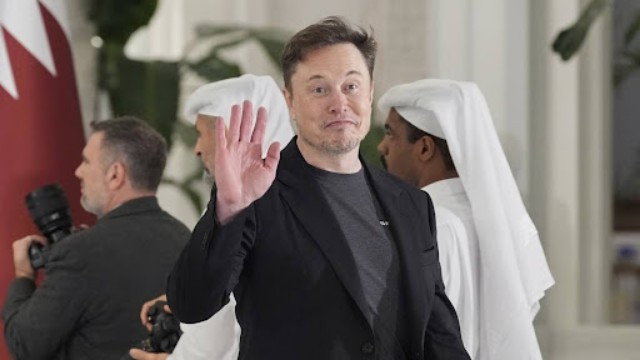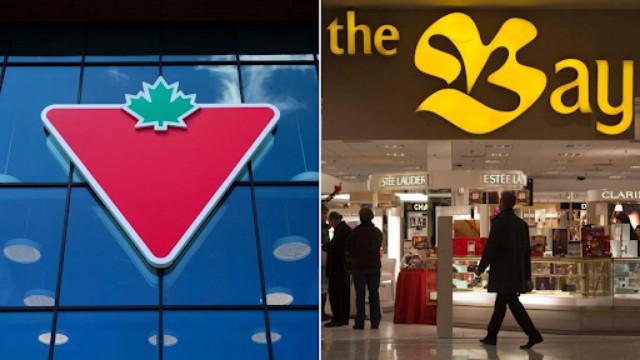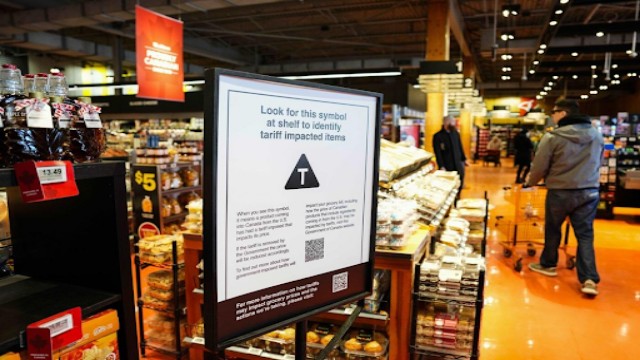
A person stands in front of a Meta sign outside of the company's headquarters in Menlo Park, Calif., March 7, 2023. (AP Photo via The Canadian Press)
Meta, the company behind Facebook, WhatsApp, and Instagram, has announced a global ban on Russian state media outlets, accusing them of using deceptive strategies to spread propaganda. This decision, revealed on Monday, is an extension of Meta's ongoing efforts to combat foreign interference, particularly from Russian outlets like Rossiya Segodnya and RT. The ban is expected to roll out in the coming days.
In a statement, Meta said, “After careful review, we have expanded our enforcement against Russian state media organizations, including Rossiya Segodnya, RT, and related entities, to limit foreign interference on our platforms worldwide.”
The Kremlin quickly condemned the move. Dmitry Peskov, the spokesperson for President Vladimir Putin, criticized Meta's actions, stating they were "unacceptable" and further strained relations between Russia and the tech company. “Such selective actions against Russian media discredit Meta itself,” Peskov remarked during a press briefing.
RT, formerly known as Russia Today, and Rossiya Segodnya also reacted negatively to Meta's ban. RT commented that Western platforms seem to be competing over who can punish them more harshly. Meanwhile, Rossiya Segodnya claimed that Meta’s decision wasn’t surprising and dismissed the ban, asserting it would not impact their work in other regions.
Meta’s move comes on the heels of new U.S. sanctions targeting RT. American officials have accused the Kremlin-backed media organization of playing a crucial role in supporting Russia's military efforts, including fundraising for equipment like sniper rifles and body armor. RT has been further accused of posing as legitimate news sources while spreading misinformation across Europe, Africa, and South America. The U.S. also seized Russian-controlled websites and charged RT employees with covert funding of pro-Kremlin content in the U.S.
In the past, Meta had already taken measures to limit Russian state media’s influence. In 2020, it began labeling state-affiliated content, followed by restrictions on ads and lower visibility for Russian media posts. After Russia's invasion of Ukraine, Meta, along with other platforms like YouTube and TikTok, blocked access to RT and Sputnik channels in the European Union.
In response to these actions, Moscow labeled Meta an "extremist organization" in 2022, further blocking Facebook and Instagram, which had been popular in Russia before the crackdown on independent media.















